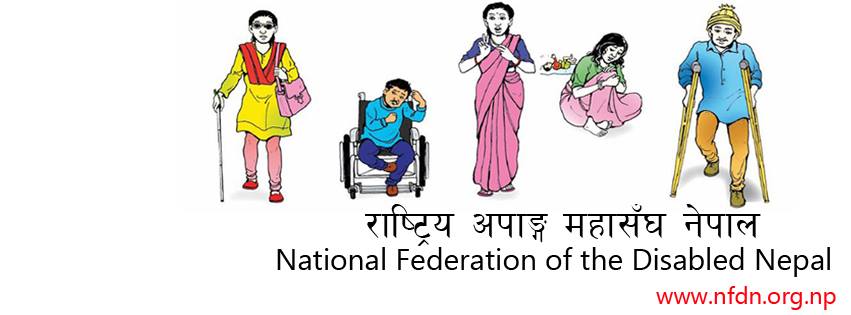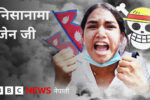KATHMANDU: Rights activists have called for the practical implementation of equal participation of persons with disabilities in all state structures.
They were speaking in the program for launching the study report on statistical protocol on disability.
In the program organized by the National Federation of the Disabled- Nepal (NFDN) today, speakers demanded equal participation of people with disabilities at policy-making level including at the local, provincial and federal level.
They also rued that the political parties and their leaders neglected the disabled persons in the nomination for the upcoming May 13 local election.
NFDN general secretary Raju Basnet shared on the occasion that although there were 27 disabled persons throughout the country contesting the local level election in 2017, this time the parties ignored the disabled population.
The NFDN said out of the 27 persons, 21 got elected. Rights campaigner Dr Birendra Raj Pokharel stressed on the need of establishing the disaggregated data of the people with disabilities for implementation of their constitutional rights.
He also suggested to the local, provincial and federal governments to emphasize on capacity enhancement of people with disabilities for empowering them. NFDN has been calling for inclusion of legal provisions related to the people with disabilities in every ministry’s the annual policies and programmes, and for bringing uniformity in the system and procedures of keeping the right data of people with disabilities by every local bodies.
According to the National Census Report 2011, the number of persons with physical disability accounts for 36 percent of the total number of persons with disabilities.
Persons with visual impairment and hearing impairment are in second and third positions, with 18 percent and 15 percent, respectively.
The remaining 31 percent of the total population is presented through the rest of the categories 2.
Apart from this, categories that seemed to be underrepresented in the disability rights movement, are people with psychosocial disability, intellectual disabilities, autism, deaf blindness, hemophilia.









Comment